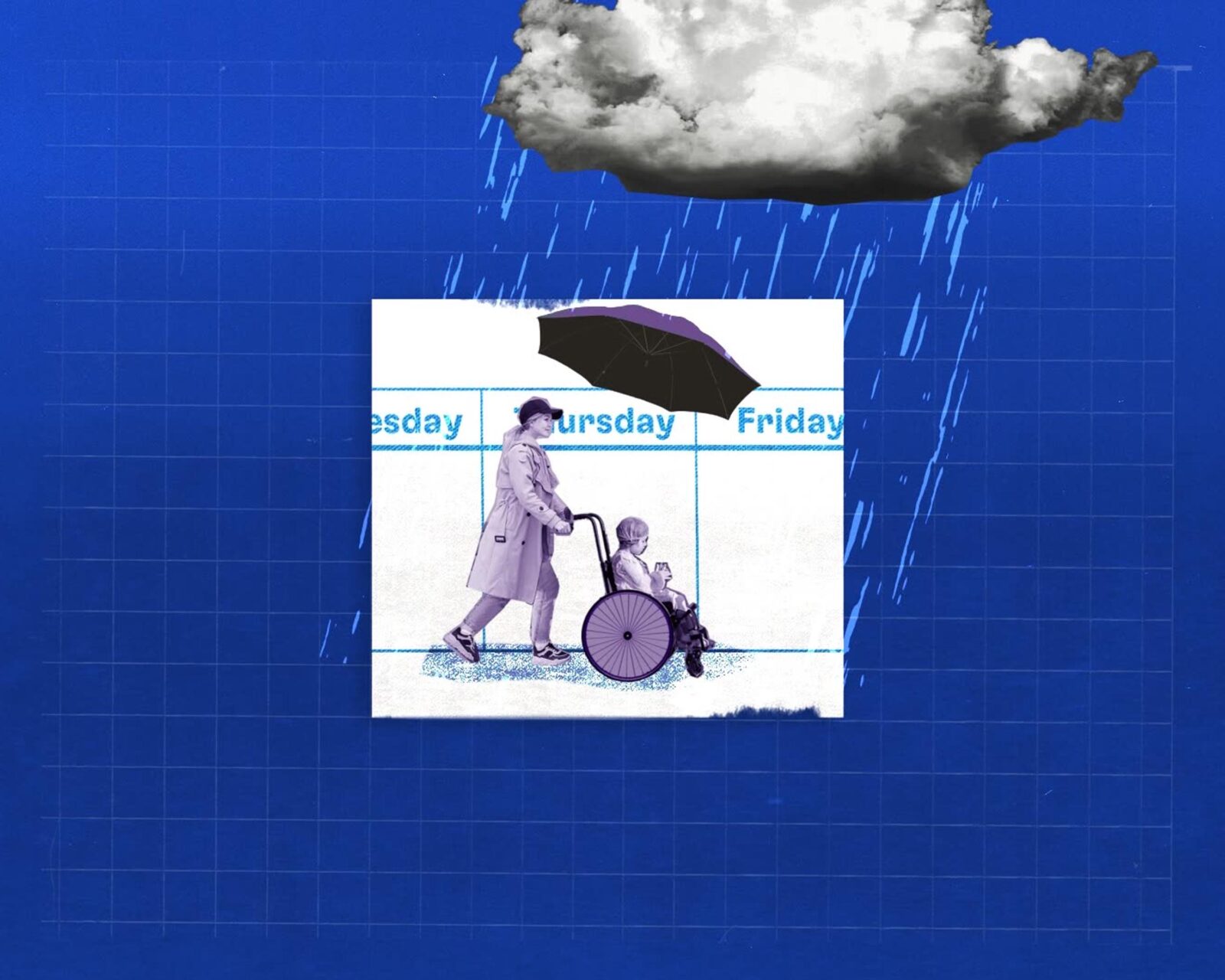Video Transcript
It’s really hard to be a good person. And when we’re faced with our shortcomings and mistakes or comparing ourselves to Jesus or other saints or holy people that we admire. Like I don’t know about you, but I notice a big difference. So what is the difference between saints who are holy and us? Do we just need to try harder or do we just say “You know what? I’m just going to accept myself for who I am. This is who I am; this is the best I’m doing.”
When we sin, the one reaction that we can have is “I just need to try harder the next time.” We can try our best with all of our heart, have the right intentions, and do what’s right and avoid sin. But the problem is if that’s all we focus on, we’re putting all the responsibility on us to avoid sin. And then another common response is to just give up. “Well, you know, I make mistakes all the time; I can’t avoid these sins so this is just who I am.” And that’s really becoming complacent; this idea that “Well, I’m just always going to struggle with this sin so there’s no point in trying.” The right relationship we should have to growing in holiness, which is aso growing in virtue, is a lot like gardening or farming.
The catechism reminds us in paragraph 1811 “It is not easy for man, wounded by sin, to maintain moral balance. Christ’s gift of salvation offers us the grace necessary to persevere in the pursuit of the virtues. Everyone should always ask for this grace of light and strength, frequent the sacraments, cooperate with the Holy Spirit, and follow his calls to love what is good and shun evil.”
See, when we’re striving to imitate Jesus, and to avoid sin, and do good, we’re striving to grow in holiness. And what we’re also trying to do is grow in virtue. See, because virtue is a habitual and firm disposition to do the good. And we can only grow in virtue by deliberately practicing choosing the good. But this is where our life in Christ is much more like gardening or farming.
So I really like plants and gardening; I have lots of plants around the house. But the thing about gardening and farming is that there are things we can control. Like, you can become a skilled farmer through practice or learning about things like soil quality or irrigation. You can get better tools for gardening, you can learn a lot about the nutrients needed to grow the best tomatoes or peppers. But, there are things outside of our control that we have to cooperate with that are gifted to us for growing plants and food; things like the sun and the rain. These are like the Theological Virtues; they’re given to us as gifts and God dispenses grace to us so that we can live out this call to holiness.
See, we can put in effort with the things we can control to be better farmers and also to practice the virtues; we can put in effort. But we also have to rely on God’s grace, which is a gift for us, to strengthen us to actually live these virtues. Our life in Christ is never just about our willpower alone. See, farmers know they can do everything possible to grow their best crops, but they really need to rely on nature to do its thing. And they can pray for the gift of rain; the gift of good weather. But at the end of the day, they don’t dominate nature; they cooperate with it.
As a farmer, you can pray for good weather. And, in the same way as a Christian, we can pray for God’s grace and gift to help us live out the virtuous life and become holy.
One of the best parts of gardening is sharing the fruits of your labor with other people. And that’s really what growing in virtue is about. It’s about growing in our ability to offer charity and love to other people and to God. But our life in the Spirit does not rely on our willpower alone. And in fact, the idea that we can be perfect on our own is a heresy. We need to cooperate, like good gardeners, with the gifts that God has given us, in order to lead a holy life and avoid sin and grow in virtue and holiness.
See, the repetition of good habits is what leads to virtue. It leads to holiness. And God wants us to come to Him in prayer and in the sacraments to receive His life; His gift of grace. Jesus is on your side and He wants to teach you to rely on Him. This is why in Scripture Jesus says, “I am the vibe, you are the branches. And apart from me, you can do nothing” (John 15:5). Because God planned for us to live in relationship with Him and one another, and to grow in holiness by practicing the virtues.




